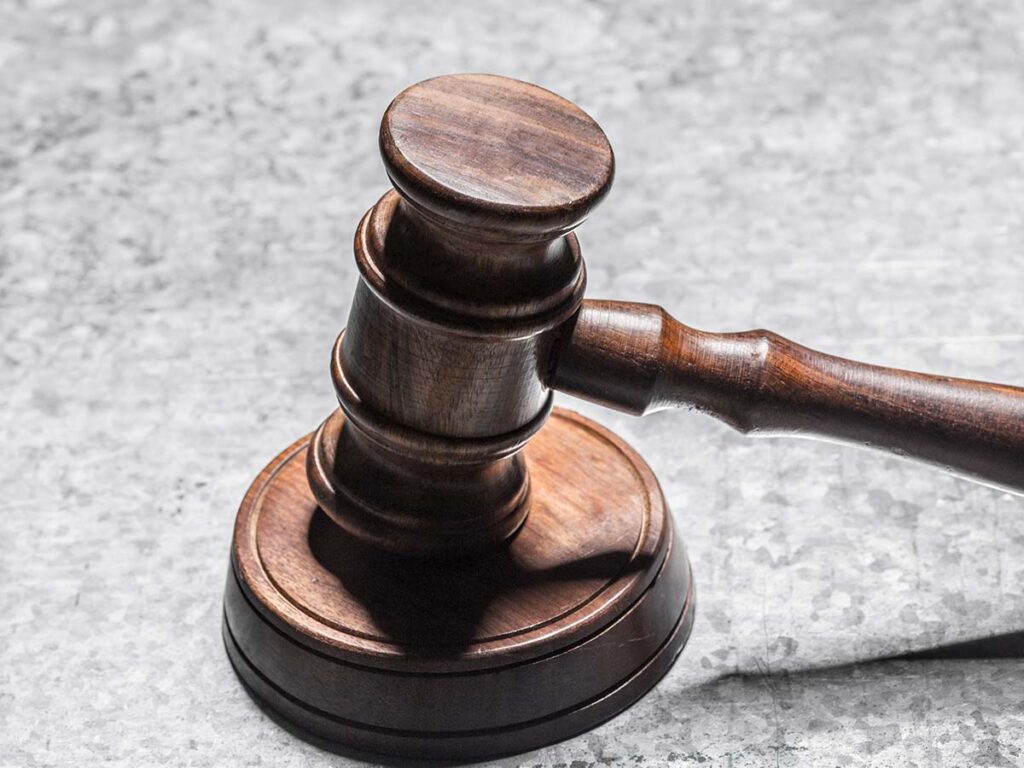Brooklyn Hernia Mesh Implant Defect Lawyer
Hernia repair surgery is a common procedure in New York City hospitals, and many of these operations rely on implanted medical devices like hernia mesh. While hernia mesh products are intended to reinforce weakened tissue and prevent hernia recurrence, thousands of patients have experienced serious problems due to defective medical devices. If you or a loved one suffered complications after receiving a hernia mesh implant, you may be entitled to file a lawsuit and seek compensation.
At Greenstein & Pittari, LLP, our Brooklyn hernia mesh implant defect lawyer represents individuals harmed by faulty devices and negligent manufacturers. We are here to help you understand your legal rights, pursue full compensation, and hold the responsible parties accountable.

The Dangers of Defective Hernia Mesh Devices
Hernia mesh implants are intended to support the patient’s body during healing, but when the device is defectively designed or manufactured, it can cause more harm than good. Common issues associated with defective hernia mesh include:
- Infection and inflammation near the implant site
- Mesh migration to surrounding muscle or internal organs
- Chronic pain or nerve damage
- Hernia recurrence due to mesh failure
- Bowel obstruction or organ perforation
- Adhesion of mesh to fatty tissue or other structures
These complications may require revision surgery and can significantly impact a patient’s health, well being, and quality of life.
Who Is Responsible for Hernia Mesh Injuries?
Medical device manufacturers have a legal duty to ensure that their products are safe for use in the human body. When they cut corners, fail to warn patients, or distribute products with manufacturing defects or design defects, they must be held accountable.
Several types of liability may apply in hernia mesh lawsuits, including:
- Manufacturing defects during the production process
- Marketing defects, such as failure to warn of known risks
- Design flaws that make the product inherently unsafe
Our legal team investigates the root cause of the device failure and pursues claims against all responsible parties, including product manufacturers, negligent healthcare providers, and medical professionals involved in the surgery.
Recognizing the Symptoms of Hernia Mesh Complications
If you’ve undergone hernia surgery and are experiencing complications, it’s essential to seek medical attention. Common symptoms linked to defective hernia mesh include:
- Severe abdominal pain or swelling
- Unusual discharge or infection at the incision site
- Digestive issues or bowel blockage
- Persistent hernia symptoms after surgery
These adverse events can escalate if left untreated. A defective hernia mesh may damage surrounding tissue and organs, requiring additional medical care and extended recovery time.
Examples of Hernia Mesh Product Issues
Some of the most well-known problematic hernia mesh products include the Kugel hernia patch and other implants that have been subject to FDA recalls or scrutiny. These devices have been linked to hundreds of lawsuits across the country due to their high failure rates and serious medical problems.
If you received a recalled or defective implant, our Brooklyn attorneys can determine your eligibility to join a class action lawsuit or file an individual injury claim. We fight to recover the compensation you need to treat injuries and restore your health.

Your Legal Rights After a Defective Hernia Mesh Implant
Patients have the right to hold medical device manufacturers accountable for injuries caused by unsafe or defective products. A successful lawsuit can help recover:
- Compensation for medical bills and revision surgeries
- Damages for pain, suffering, and emotional trauma
- Lost income and long-term financial losses
- Funds to cover ongoing treatment and rehabilitation
- Financial compensation for harm to your health and well-being
Our legal team will evaluate your case and pursue all available legal options to ensure you receive fair and just compensation for the harm you’ve suffered.
Why Choose Greenstein & Pittari, LLP?
Our law firm has helped numerous clients throughout Brooklyn and New York recover damages after suffering from defective medical devices. We have the experience, resources, and legal insight needed to handle complex product liability claims.
When you work with us, you can expect:
- A free case evaluation with no obligation
- A compassionate legal team that puts your needs first
- No upfront costs—we work on a contingency fee basis
- Aggressive pursuit of compensation from all liable parties
- Personalized attention and step-by-step support throughout your case
We understand the unique challenges faced by patients harmed by defective hernia mesh implants. Let us help you secure the justice and financial recovery you deserve.
Learn more about filing a hernia mesh lawsuit. Call Greenstein & Pittari, LLP at (800) 842-8462 to schedule your free, no-obligation consultation. You can also reach us anytime through our contact page. Let us help you take the first step toward justice and recovery.
Brooklyn Hernia Mesh Injury FAQs
What is hernia mesh and why is it used?
Hernia mesh is a medical device implanted during hernia surgeries to reinforce weakened tissue. While most medical devices are intended to help the healing process, defective hernia mesh can cause severe complications.
How do I know if I received a defective hernia mesh product?
If you experience pain, infection, or a recurring hernia after surgery, you may have received a faulty implant. Contact a lawyer to investigate your medical records and identify the device manufacturer.
Can I sue the manufacturer of the hernia mesh?
Yes. If the implant was defectively designed, manufactured, or improperly marketed, you may file a defective medical device lawsuit to recover compensation.
How long do I have to file a hernia mesh claim in New York?
The statute of limitations in New York for product liability or injury claims is typically three years. !
Will I need additional surgery to remove the defective mesh?
In many cases, revision surgery is required to remove the implant and repair damage. Your medical records and healthcare providers will help determine the best course of action.
